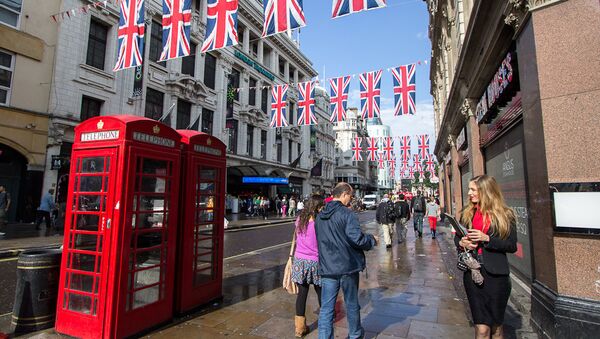What is even more astounding is that the level of misconceptions about basic facts and figures seems to be very high. Brendan Chilton, the General Secretary of Labour Leave, and Sarah Beattie-Smith, co-convener of the Green Party’s Elections and Campaigns Committee share their views on this subject and discuss some of the basic facts and figures.
The first theme discussed was whether or not the figures of migrants coming to the UK are distorted. According to Ipsos MORI data, the majority of the population think there are at least 10 million people living in the UK who were born in the EU, but in fact there are only 5 million. Brendan Chilton disagrees that this is important, saying “the real issue around migration in this country is the question of controls: do we want the UK to control who comes into the United Kingdom or not, do we want to control the type of people coming into this country.” At this time, Brendan said, “the UK government cannot do this.” Sarah replied:
“We have made the huge mistake that immigration is something that only happens to Britain, that we are somehow victims of something that is happening across the EU when in fact we are benefiting immensely….There are about 5 million British citizens who live elsewhere in the world, and about 2.2 million of the live in the EU. We benefit from freedom of movement just as much as others do.”
Sarah continued saying that much of the Leave UK campaign is “plain racist.” The real problem is austerity, and neoliberal policies imposed on a local level, which are putting people further into poverty, not immigration.
As regards the emotional element of Brexit, Sarah pointed out that it is really interesting that if you break down the figures, how different parts of Britain feel about immigration. Where there is the most fear around immigration, that’s where there is very little immigration. The campaign on both sides has become an emotional one, and that leads to a misunderstanding of the facts and figures that are out there. Sarah said, “we need to understand people’s fears, and those fears are being stoked in many cases by the mainstream media, who find it is in their interests to put people against one another. We have to admit that there is a stoking of fear of the ‘other’ and a racist undertone.”
The Leave camp can also be accused of misrepresentation of the facts regarding the membership fees for being in the EU, which the labourleave.org site says is £50m a day. The website does not make it clear how much the UK gets back in terms of investment from the EU and in terms of trade. Brendan answered by saying that the UK should not be sending more and more money to the EU, money which is spent in unaccountable ways. Sarah replied that it is “frustrating to hear from other people from the left that Austerity is something to do with the EU, austerity is a political choice that was made by the labour government as well as the Tory government, and it is something which we should be fighting together.” Brendan’s reply was: “you don’t have to be in a political union to trade with the rest of the world.”
In the second part of the programme the figures concerning for support of the EU admin are discussed. According to MORI, most people think that the contribution is about 27%, when in fact the real figure is 6%. Sarah agrees with Brendan that there are issues where the EU should be reformed, in particularly around the transparency issues of the democratic accountability of the structures of the EU. Brendan, however, pointed out that we have been trying, without success, to change the way the EU is run for a long time.
There are many interesting points in this programme which you should perhaps listen to if you wish to understand what is really happening in the last week of this devastatingly important campaign.

